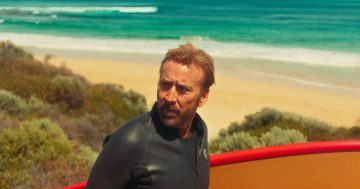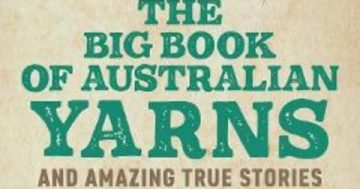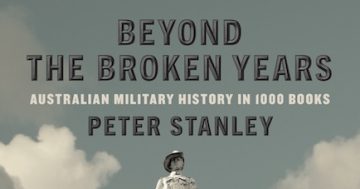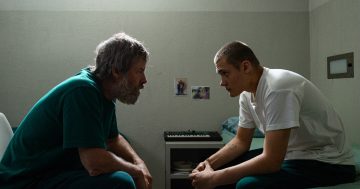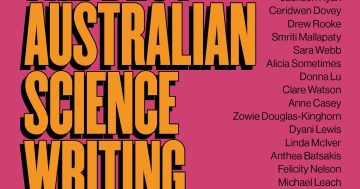Reviewed by Rama Gaind.
By Chelsea Barnett, Melbourne University Press, $49.99.
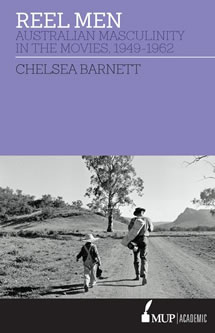 Reel Men began life as a doctoral thesis. It explores the concept of 1950s masculinity itself, asking what it meant to be an Australian man at this time.
Reel Men began life as a doctoral thesis. It explores the concept of 1950s masculinity itself, asking what it meant to be an Australian man at this time.
Set against the shifting social and political backdrop of a nation throwing off the shackles of one war, yet faced with the instability of the new world order, the book offers a compelling exploration of the Australian fifties. It challenges the common belief that the fifties was a ‘dead’ era for Australian filmmaking.
Reel Men is set against a period of change and uncertainty, though many today consider the fifties are characterised by the reverse. This book contains an analysis of 14 Australian feature films, each released between 1949 and 1962. These years reflect the beginning and ending of the fifties as an historical period.
Made up of six chapters, the final five of which explore in turn how understanding of masculinity functioned in selected films along specific thematic lines. It deals with beloved Australian films like Jedda (1955), Smiley (1956), and The Shiralee (1957), and national icons of the silver screen including Chips Rafferty, Charles ‘Bud’ Tingwell and Peter Finch.
“Yet in arriving at a narrative conclusion – or in attempting to – these films were not just negotiating between different, and competing, understandings of masculinity, but were saying something about an imagined Australian manhood. Indeed, what emerges in Reel Men is a sense of contradiction: a sense of unanswered and even unanswerable questions, and a sense of uncertainty about what it meant to be an Australian man in the fifties. “My focus on masculinity situates this book within a rich and ever-growing field of gender history.”
Reel Men concerns itself with the “instabilities and contestations that imbued the cultural landscape”.





